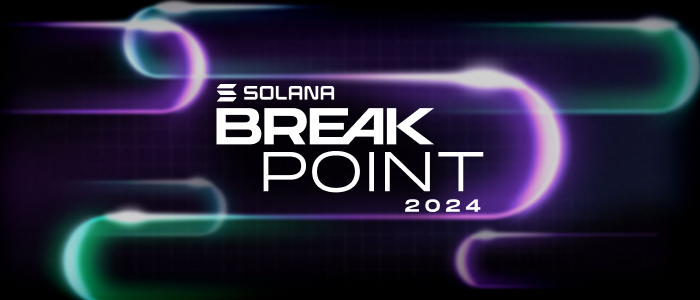A consensus mechanism is a fundamental element of blockchain technology, enabling all participants in a decentralized network to agree on the state of the ledger in a trustless environment. It is the process through which the network validates transactions and adds new blocks to the blockchain.
The most common consensus mechanisms are Proof of Work (PoW) and Proof of Stake (PoS).
PoW, used by Bitcoin, involves solving complex mathematical puzzles, which requires significant computational power. PoS, on the other hand, allows validators to create new blocks based on the number of coins they hold and are willing to “”stake”” as collateral.
Other consensus mechanisms include Delegated Proof of Stake (DPoS), Proof of Authority (PoA), and Byzantine Fault Tolerance (BFT) methods. The choice of consensus mechanism affects the security, scalability, and energy efficiency of a blockchain network.










